A future in protecting the environment
Ecosystem, sustainable development, renewable energies, carbon footprint, environmental protection: in recent decades, a number of terms that were previously only familiar to specialists have enriched our everyday vocabulary. We have become more aware of ecological challenges and the need to protect the environment. These are also issues we face in Switzerland. Here are five examples.
The image of Switzerland with lush green meadows where Heidi, a little brown-haired girl, runs without a care in the world is now perhaps somewhat dated, but it illustrates a reality that is still held closely in the hearts of many Swiss people: nature is a precious asset that needs to be preserved. Because, if Switzerland is a country where life is good and healthy, it is also thanks (some say) to the country’s extraordinary natural heritage. Here, a spotlight on some eco-friendly practices.
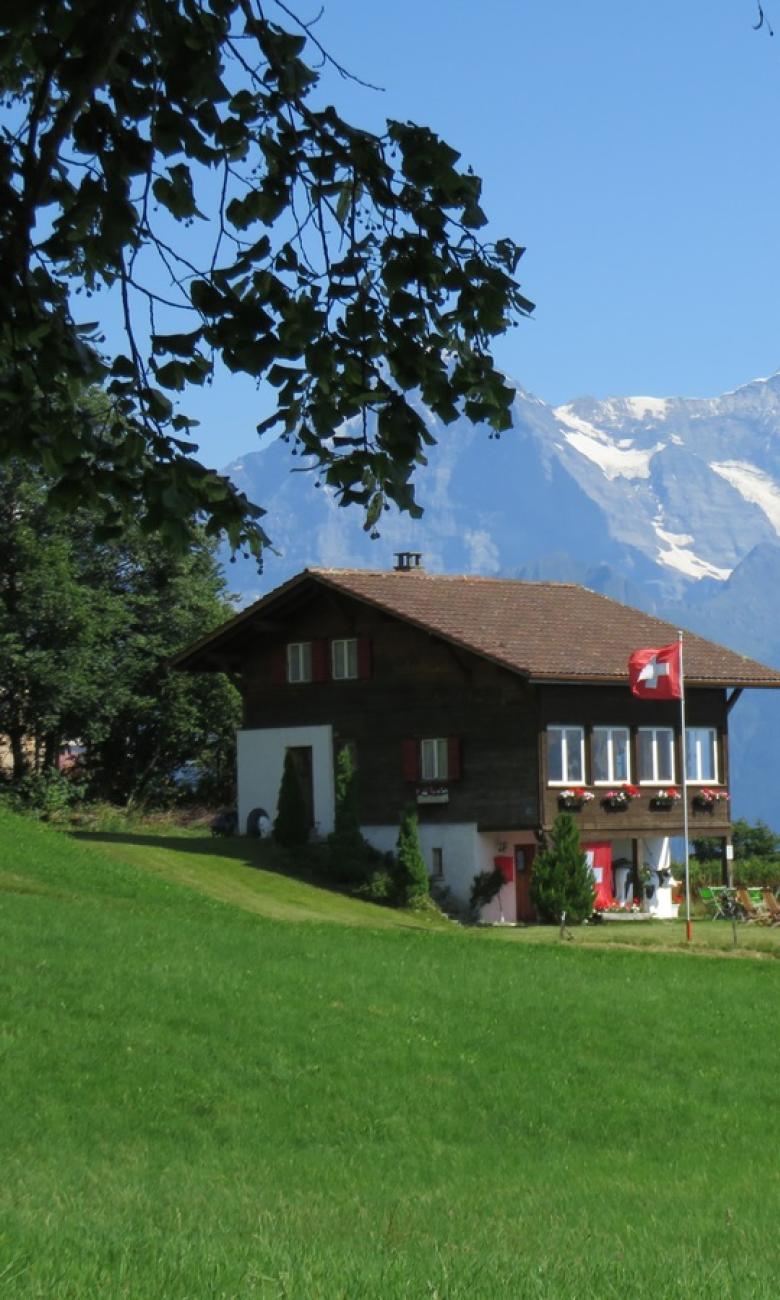
Waste recycling
Containers for sorting and recycling household waste have appeared on every street corner. Between 1990 and 2018, the proportion of waste recycled in Switzerland rose from 29 to 52%. Consumers separate out recyclable materials such as paper, cardboard, metal, aluminium, glass, green waste, PET bottles and electronic scrap and place them in separate recycling bins. Most people accepted and supported the refuse sack fees charged in almost all cantons, improvements to facilities for separating out recyclable materials and many measures to reduce the volume of waste, e.g. a charge on single-use plastic carrier bags in shops.
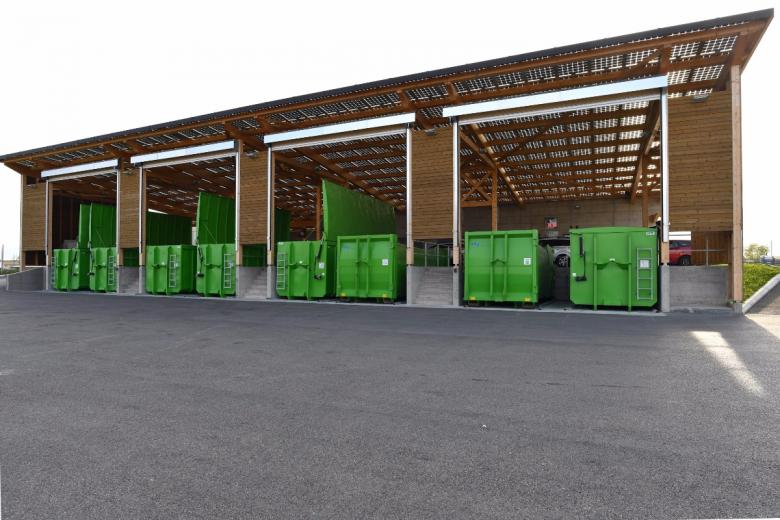
Wave of innovation
Envisaging and developing future environmental protection techniques: This could be a slogan for the flood of innovations on the environmental market. Technology parks, support for innovation, associations and other financing measures, the boom in ‘cleantech’ projects is unprecedented. One study on the subject that appeared in 2017 shows that the sector is booming, with a 25% increase in the number of jobs in the last five years and more than 200 start-ups in the last ten years. With some 4,000 patents per million inhabitants, making approximately 32,000 patents in all, Switzerland ranks first in terms of setting up green technology enterprises.
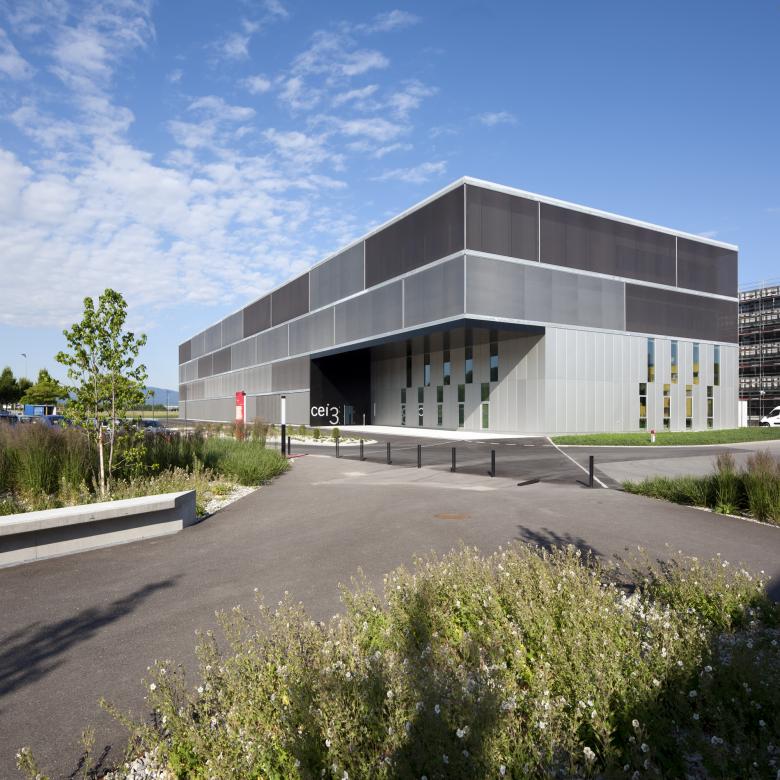
Transport with low environmental impact
Switzerland, a leader in rail travel? Possibly, if one considers that the Swiss are Europe’s most regular users of the railways. Even though train travel is expensive, the level of comfort, the punctuality and frequency of trains, their state of cleanliness, and the quality and density of the network are criteria that the Swiss apply in their choice of mode of transport – add to this a growing environmental awareness, which in 2014 prompted more than 60% of the population to support a permanent fund for developing the country’s rail infrastructure. Another practice that the Swiss have enthusiastically taken to is car pooling. An increase throughout Switzerland of the car-pooling centres (more than 1,500) of Mobility Car, the country’s leader in this sector, and the fact that one resident in 60 makes use of this system clearly illustrate the willingness to use eco-friendly modes of transport.
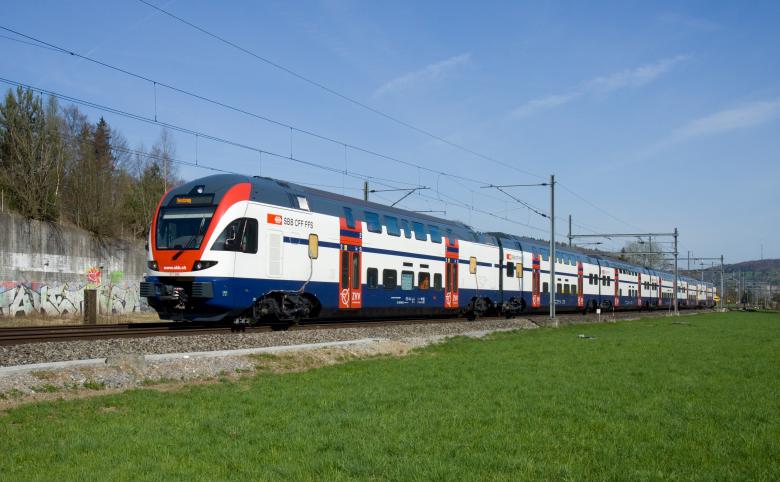
On track for success with clean energies
Solar energy, geothermal energy, heat pumps, wind turbines, hydroelectric power, wood... We are seeing a boom in clean energies. Hydroelectric power has always been the major local source of renewable energy (56%) in Switzerland. Now, though, a new generation of renewable energy sources is coming to the fore. Solar energy production has quadrupled here in five years, thanks to growing popularity of solar panels, 80% of which are installed on residential buildings. Switzerland's production of biogas has also doubled in the last 10 years to cover around one per cent of gas consumption.
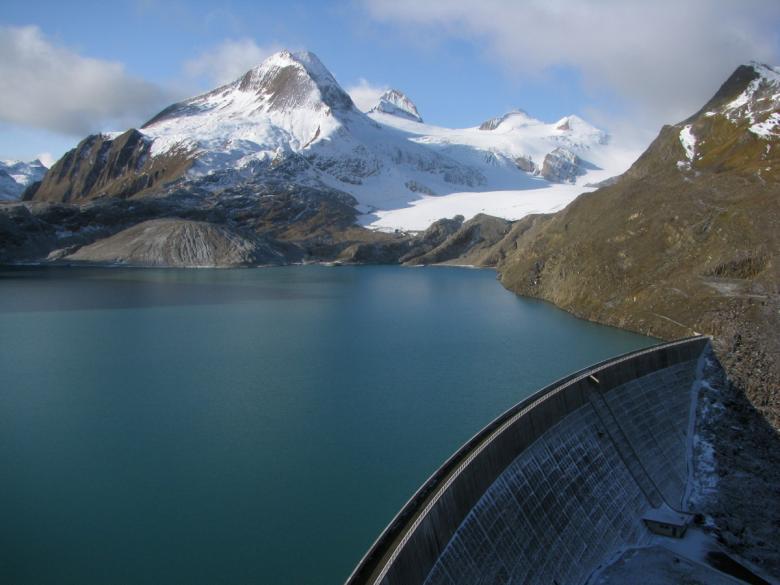
Certification of best practice
Swiss consumers can trust a variety of energy labels. The Energy City label is a quality seal for communities which implement a sustainable communal energy policy that includes sustainable transport, waste disposal and environmentally responsible landscape management. Around 400 Swiss towns and communes have already received the label. In the building sector the Minergie label stands for energy efficiency, renewable energy and comfort. Around 47,000 buildings, providing a place to live or work for over a million people, have been certified since 2008. Minergie-P label buildings are regarded as meeting especially high sustainability standards. For many Swiss people, the Minergie label has now become a decisive factor when choosing an apartment or house. The Swiss Sustainable Building Standard SNBS includes many other sustainability criteria in addition to energy. The 2000 Watt Site is awarded to sites and neighbourhoods. It evaluates the energy sustainability of all phases from planning and construction to the running of new urban developments.


